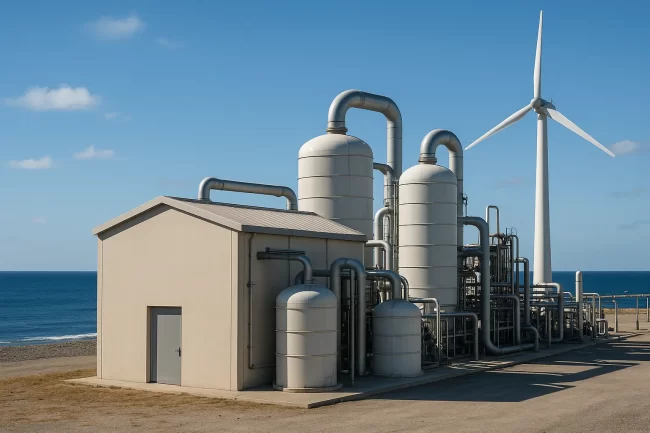Legionella Risk in Low-Occupancy Buildings: The Importance of Continuous Chlorine Dioxide Dosing
In the years following the COVID-19 pandemic, the way we use buildings has changed dramatically. Across the UK and beyond, facilities that were once vibrant and busy offices, schools, universities, and hospitality venues have experienced periods of low or fluctuating occupancy. While this shift has created flexibility and new work patterns, it has also introduced…









